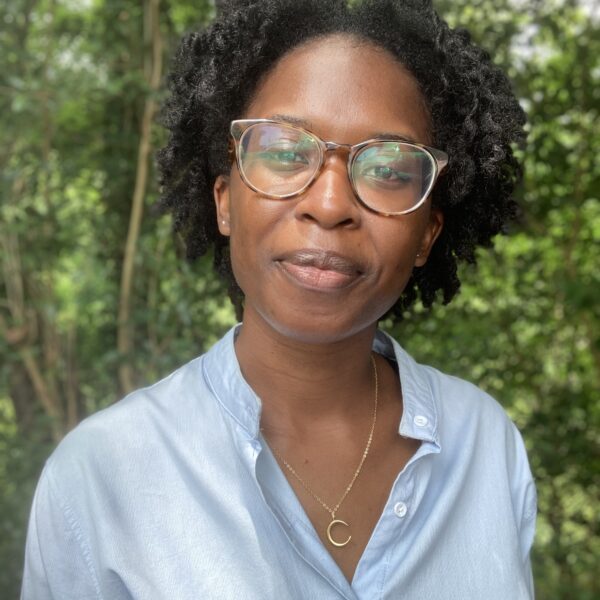RSN’s Wellness Skill Building program consists of up to 16 weeks of individual support focused on building skills in the 8 dimensions of Wellness: Emotional, Environmental, Financial, Intellectual, Occupational, Physical, Social, and Spiritual as defined by the Substance Abuse Mental Health Services Administration (SAMHSA).
The program utilizes evidence-based peer support methods designed to create a safe and resilient space for young people to center their needs and build agency while increasing their engagement with self, school, and community. RSN’s program employs specially trained mentors – Allies, and peer support workers with lived experience related to substance use, mental health challenges and/or justice involvement – who help participant’s in goal recognition, setting, planning, and achievement in any, or all of the eight dimensions of wellness. During this process, RSN mentors act as motivator and cheerleader, ally and confidant, role model, problem solver, resource broker, and advocate for participants.
For Wellness Skill building, please submit the referral form above.
What Wellbeing Looks Like
“Participant A was referred to RSN following a relocation to the area. Given challenges they faced at their last school and some mental health concerns, their parents reached out to RSN with the hopes that mentoring could help circumvent a recurrence of similar challenges. Participant A engaged in mentoring services for 6 months and at the close of a successful mentoring experience A’s parents expressed the following: “…Kimberly’s mentorship has been a really important part of our transition into this community”.
Participant B was referred by the Orange County Youth Deflection Program Coordinator challenged with Substance Use, Mental Health Concerns, Family Conflict, and a History of Trauma. B was matched with a mentor who helped them successfully navigate their senior year and graduate. During the mentoring relationship, B worked on medication management, job applications, improving communication within relationships, and school readiness. Mom stated that she “really thinks the mentor is amazing and that she appreciates all the work that we do at RSN”.
“Participant C has been engaged with an RSN mentor since November of 2023 and was referred by their juvenile court counselor. Risk factors were justice involvement, suspension from school and isolation. The mentor recognized early on that the mentee had no strong male role models. The mentor facilitated various activities to promote trust as well as a sense of community, eg. visit the barber shop, arcade, Cars & Coffee in Durham, and the local gym. The parents let us know that C really enjoyed mentoring and wanted to increase mentoring hours if possible.
